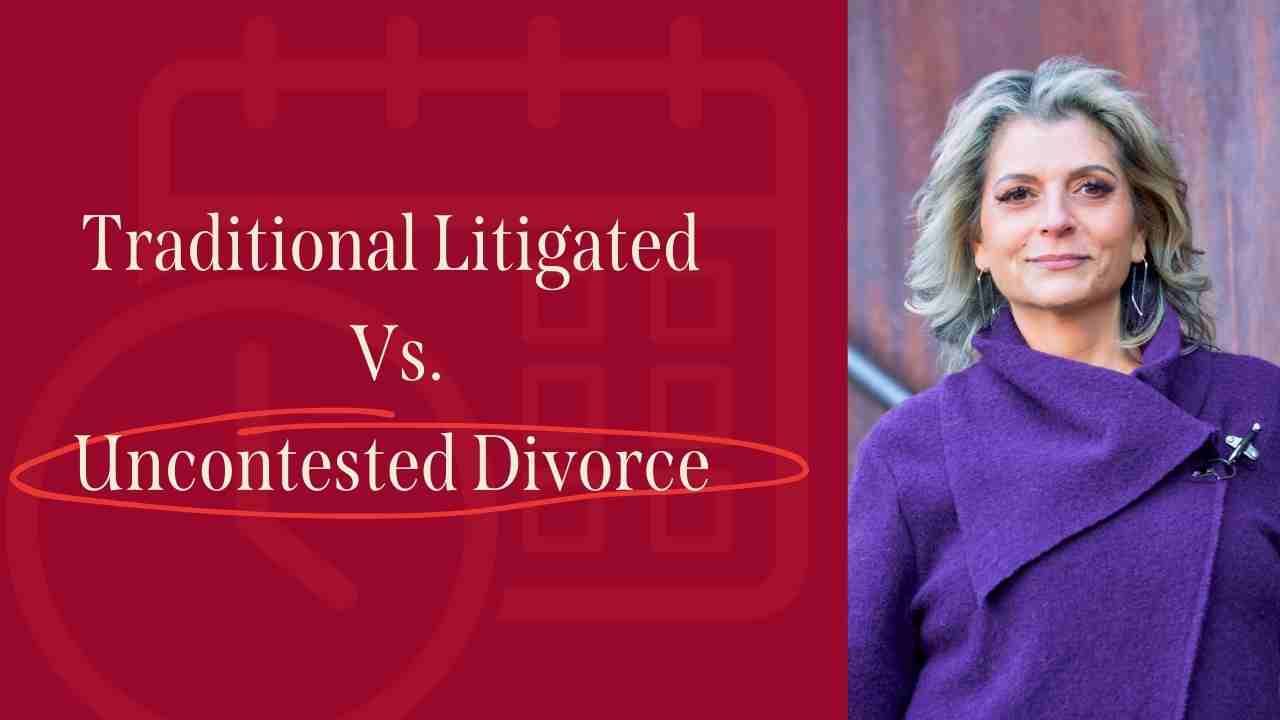The Hidden Costs of Divorcing a Narcissist:
Emotional, Financial & Legal

Introduction
Divorcing a narcissist is never just a legal process. It’s a full-body experience — emotionally, mentally, and financially. These cases drag on longer, cost more, and leave deeper scars than most people expect. At Evolved Law, we help clients face high-conflict divorces with strategy and structure. Below, we’ll break down the hidden costs of divorcing a narcissistic spouse — and how you can protect yourself every step of the way.
1. The Emotional Toll
Dr. Ramani Durvasula calls narcissistic divorce “a trauma marathon.” You’re not only ending a relationship — you’re escaping a cycle of control, gas-lighting, and blame.
What it feels like:
• Constant anxiety about their next move.
• Doubting your own memory or judgment.
• Isolation from friends or support systems.
Why it happens:
Narcissists can’t stand losing control, so they use emotional tactics to keep you engaged — endless arguments, guilt trips, or feigned reconciliation.
How to protect yourself:
• Stay in therapy or coaching throughout the process.
• Document interactions instead of reacting.
• Build a reality-check circle (therapist + trusted friend + attorney).
📍 Colorado Tip: Emotional abuse is recognized under C.R.S. § 14-10-124, which allows courts to consider a parent’s conduct when determining the best interests of the child.
2. The Financial Fallout
A narcissistic spouse often sees money as power — not partnership. Financial sabotage is common: hiding accounts, manipulating budgets, or inflating debts.
Common Financial Tactics:
• “Forgetting” to disclose income or bonuses.
• Running up marital debt out of spite.
• Withholding support to force negotiation.
• Draining joint accounts before filing.
Real-World Costs:
High-conflict divorces can cost 2–4 times more than standard ones due to delays and discovery battles.
Colorado Context:
Under Rule 16.2, both parties must provide full financial disclosure. Failure to do so can result in court sanctions or re-opened settlements — but catching hidden assets requires preparation and persistence.
Protect yourself:
• Gather bank statements, tax returns, and paystubs before filing.
• Hire a forensic accountant if numbers don’t add up.
• Track legal fees and request attorney-fee shifting when warranted.
3.The Legal Delays and Manipulation
Narcissists thrive on chaos and control — and court is their new stage. They may file unnecessary motions to drain your resources, miss deadlines to cause extensions, or demand hearings for minor issues.
What it costs you:
Time, money, and energy — but also momentum. Delays wear people down, leading them to accept unfair deals just to move on.
Strategy Tip:
Your best weapon is documentation and emotional neutrality. Judges notice consistency; narcissists unravel under structure.
📍 Colorado Law Insight: Courts can impose attorney-fee sanctions for bad-faith litigation under C.R.S. § 13-17-102 — a powerful deterrent when your ex uses filings as punishment.
4. The Hidden Cost to Children
Kids are often the biggest collateral damage in a narcissistic divorce. Research from the Gottman Institute and APA shows that children exposed to chronic conflict are more likely to experience anxiety, self-blame, or future relationship struggles.
Protective steps:
• Maintain consistent routines and boundaries.
• Avoid emotional discussions about your ex in front of the kids.
• Work with a child therapist familiar with high-conflict dynamics.
• Reinforce messages of love and safety: “We both love you, and you’re safe.”
📍 Colorado Reminder: Courts apply the Best Interests of the Child standard (C.R.S. § 14-10-124). Demonstrating emotional awareness and cooperation strengthens your parenting position.
5. The Psychological Aftermath
Even once papers are signed, the effects linger: hyper-vigilance, difficulty trusting, or emotional numbness. This isn’t weakness — it’s the residue of chronic stress.
Healing looks like:
• Time: nervous-system repair isn’t instant.
• Boundaries: you now decide who gets your energy.
• Joy: rebuilding your life around peace instead of control.
Dr. Ramani calls this the “post-narcissistic growth phase” — the moment when you finally start living without fear.
6. The True Cost of Staying the Same
There’s one hidden cost people rarely discuss: staying stuck. Delaying divorce to “keep the peace” often leads to escalating control and emotional damage, financial instability, and children learning that silence equals safety — a cycle worth breaking.
Sometimes the price of peace is simply too high.
Final Thoughts
Divorcing a narcissist will test you — but it can also transform you. When you prepare, stay grounded, and surround yourself with the right team, you take back control of your story.
At Evolved Law, we guide Colorado clients through high-conflict divorces with calm strategy and trauma-informed care. Our team helps you plan, document, and protect what matters most — your future and your peace.
Disclaimer
The information provided in this blog is for general educational and informational purposes only. It is not intended as, and should not be taken as, legal advice. Reading this post, commenting on it, or contacting Evolved Law through this website does
not create an attorney–client relationship. Because every situation is unique, you should consult with a qualified attorney about your specific circumstances before making any legal decisions.











